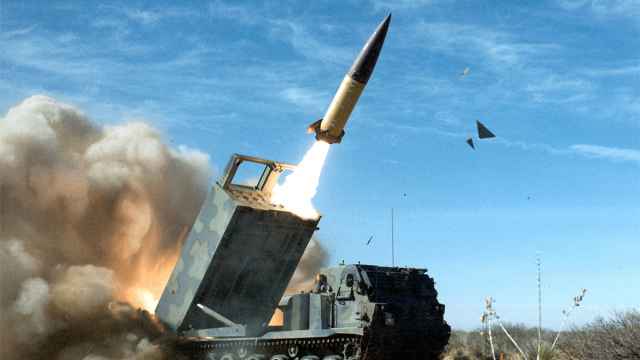Precious metals miner Polymetal expects the gold price to break above $2,000 per ounce later this year around the time of the U.S. presidential elections, while its own output is set to rise due to new operations after a flat 2011.
Gold prices hit a peak above $1,920 in September last year, but have since fallen back and were about $1,660 on Thursday. The metal could face headwinds in 2012, but some analysts expect it to regain its strength and break through $2,000 at the end of this year.
Polymetal's chief executive Vitaly Nesis, whose company joined London's prestigious FTSE 100 index in December, agreed.
"I believe that gold will definitely try to break through $2,000 per ounce, closer to the end of the year as the United States [votes]," Nesis said in an interview.
Nesis said he expected metals prices to remain volatile in 2012, as in 2011, but said even a sharp drop in gold and silver prices did not pose a significant risk for the miner.
"I believe that the only possibility that precious metals prices decline is tied to an overall decline in commodities, and that would also lead to the depreciation of the ruble and the decline of our costs," Nesis said. "So we are well protected naturally."
Polymetal expects 2012 gold output of between 590,000 and 640,000 ounces, up from 443,000 ounces last year. Silver output is expected at between 21 million and 23 million ounces this year, up from 19.9 million.
That will take total annual gold equivalent production to more than 1 million ounces.
New operations being brought on stream and ramped up include the Amursk pressure oxidation, or POX facility, the first in Russia to use the POX method to recover gold from refractory ore concentrates, and Omolon, in the Far East, where a winter road is now fully operational.
A Message from The Moscow Times:
Dear readers,
We are facing unprecedented challenges. Russia's Prosecutor General's Office has designated The Moscow Times as an "undesirable" organization, criminalizing our work and putting our staff at risk of prosecution. This follows our earlier unjust labeling as a "foreign agent."
These actions are direct attempts to silence independent journalism in Russia. The authorities claim our work "discredits the decisions of the Russian leadership." We see things differently: we strive to provide accurate, unbiased reporting on Russia.
We, the journalists of The Moscow Times, refuse to be silenced. But to continue our work, we need your help.
Your support, no matter how small, makes a world of difference. If you can, please support us monthly starting from just $2. It's quick to set up, and every contribution makes a significant impact.
By supporting The Moscow Times, you're defending open, independent journalism in the face of repression. Thank you for standing with us.
Remind me later.





